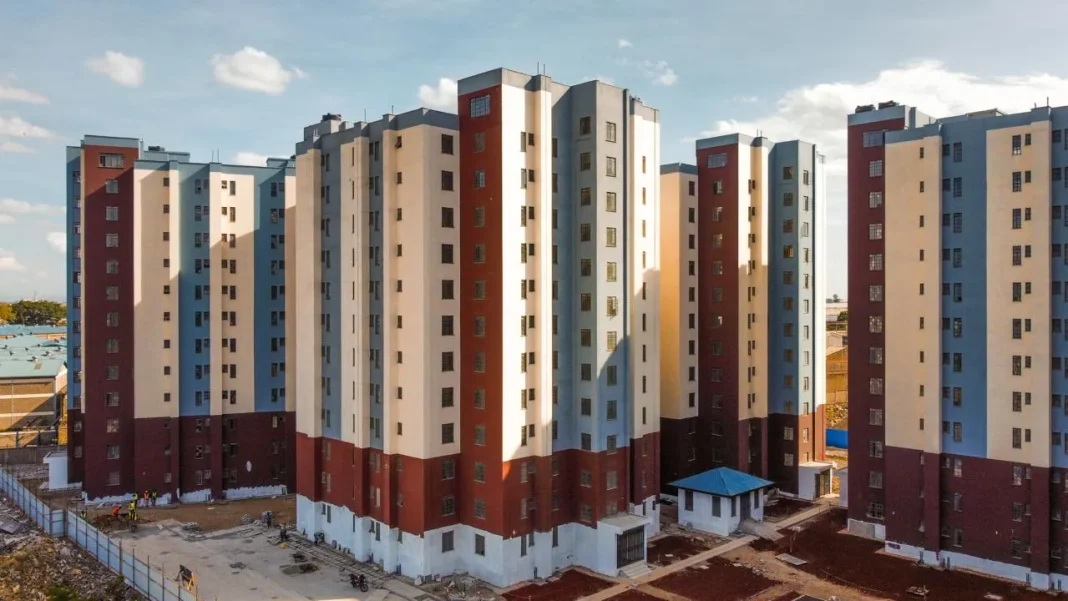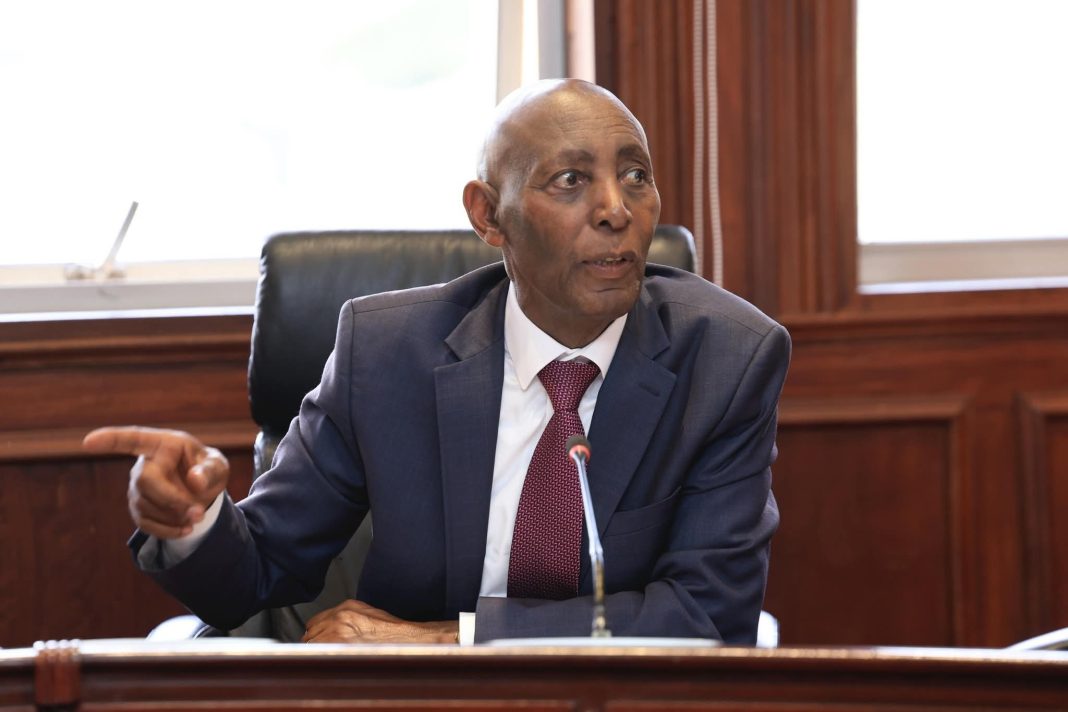Kenya’s affordable housing program has received a significant lift, with the World Bank announcing plans to mobilize up to Ksh174 billion to expand access to cheaper home financing and accelerate the delivery of low-cost units across the country.
According to documents released by the global lender, Kenya will receive a concessional loan of Ksh48.4 billion, while the World Bank will also support the government in securing a sovereign sustainability-linked loan worth Ksh116.3 billion from commercial financiers. The Organization of Petroleum Exporting Countries (OPEC) Fund is expected to inject an additional Ksh9.6 billion into the program.
Under the plan, the Kenya Mortgage Refinance Company (KMRC) will refinance and disburse affordable mortgages, helping more Kenyans especially those earning below Ksh50,000 per month access home loans that have long been out of reach.
The World Bank says the financing model is designed to diversify Kenya’s borrowing options and lower financing costs, with approval expected by May 2026. It notes that the country faces a housing deficit of more than two million units, with demand rising by over 250,000 households each year. Currently, formal housing supply averages below 50,000 units annually, pushing most urban residents into informal settlements.
The lender emphasised that affordability challenges remain the biggest barrier to home ownership, with the majority of formally employed Kenyans unable to qualify for traditional mortgages. The planned investment is therefore intended to complement President William Ruto’s ongoing efforts to scale up affordable housing by attracting international investors and development finance partners.
Other development bodies including the International Finance Corporation (IFC) have also backed the initiative, offering financing to private developers and supporting green housing projects. Additional efforts are underway to expand credit guarantee schemes that make mortgages more accessible for informal sector workers.
President Ruto has also sought investment from Gulf nations, including Saudi Arabia, to channel fresh capital into the housing sector as the government works to meet rising demand for affordable units.







paypal casino uk
References:
fanajobs.com
paypal casinos online that accept
References:
aviempnet.com
The official website is the ultimate destination for secure, engaging, and rewarding casino entertainment.
It’s a strong international player offering high-quality services.
Dolly Casino ranks highly in ratings thanks to quality gaming content and financial incentives.
According to reviews, operators communicate politely
and can help with all key aspects of casino operations.
They operate 24/7 and are ready to help with technical and bonus queries.
You can play on smartphone the same 4000+ games, activate bonuses, make payments and contact support, just like on the desktop version. Minimum deposits start at just A$30 for
most methods, making our platform accessible to
casual players while supporting high-roller transactions up to A$7,800 per
deposit. All our options, such as registration and login, deposit and withdrawal, casino games and live casino,
are fully accessible. And if a platform ticks all the boxes
– like clear licensing, fast payouts, top games, mobile
access, and real customer support – you’re already
ahead of the game. With 24/7 access to a massive
library of top-tier pokies, classic table games, and immersive live casino experiences, the action never
stops. The platform supports diverse payment channels
catering to different player preferences for deposits and
withdrawals.
We have collected all the live dealer casino games,
where the rounds take place in real time. We offer players thousands of slots
as well as popular live games, including roulette, baccarat, and blackjack.
PayID delivers the fastest processing for Australian players,
with instant deposits and rapid withdrawals.
Minimum deposit requirements sit at a reasonable $20 AUD, making
the platform accessible to casual players and high
rollers alike.
References:
https://blackcoin.co/roll-xo-online-casino-official-site-with-pokies-and-games/
We are a diverse workforce with a focus on excellence
in entertainment and customer service. If you thrive on continual learning and being part of a team, then we want to hear from you!
An actual 38 hour working week, no split shifts and 5 weeks annual leave (full-time).
From sit down dinners, cocktail galas and presentation evenings to small scale cocktail parties and intimate dining experiences… we have you
covered. Have your next function catered by the award-winning team at Natural Nine in one of our many function spaces.
A grand slam experience 🎾
References:
https://blackcoin.co/national-casino/
Sowas hätte ich mir von anderen auch gewüscht. Hamburg
macht (wie immer) den Anfang. Die Spielbanken Niedersachsen haben ähnlich wie Bad Homburg
Denn die Spielbank Berlin zählt seit Jahren zu den umsatzstärksten Casinos in Deutschland.
Der Beliebtheit des Casinos, das täglich rund 1.500 Besucher zählt, tut das aber kein Abbruch.
Eine der Top-Adresse der deutschen Casino-Branche, auch wenn das Gebäude
nicht so viel Luxus verströmt wie manch andere Etablissements.
Denn direkt am Potsdamer Platz und somit im Herzen der Hauptstadt befindet sich die moderne, elegante Spielbank Berlin. Berlin ist auch für Glücksspielliebhaber immer eine Reise wert.
Einfach den Schlüssel bei der Ankunft abgeben und parken lassen.
Diese sind in unmittelbarer Nähe zu den Tischen, sodass die Wege kurz ausfallen. Wer sich nach
dem Essen oder dem nervenaufreibenden Spiel eine Zigarettenpause gönnen will, findet auf allen Etagen spezielle Raucherbereiche.
Auf Wunsch kann in den anderen Barbereichen oder direkt im Pokerfloor diniert werden.
Neben einer umfangreichen und exklusiven Spirituosen-Auswahl werden auch zahlreiche Speisen serviert.
References:
https://online-spielhallen.de/rant-casino-auszahlung-ein-umfassender-leitfaden-fur-deutsche-spieler/